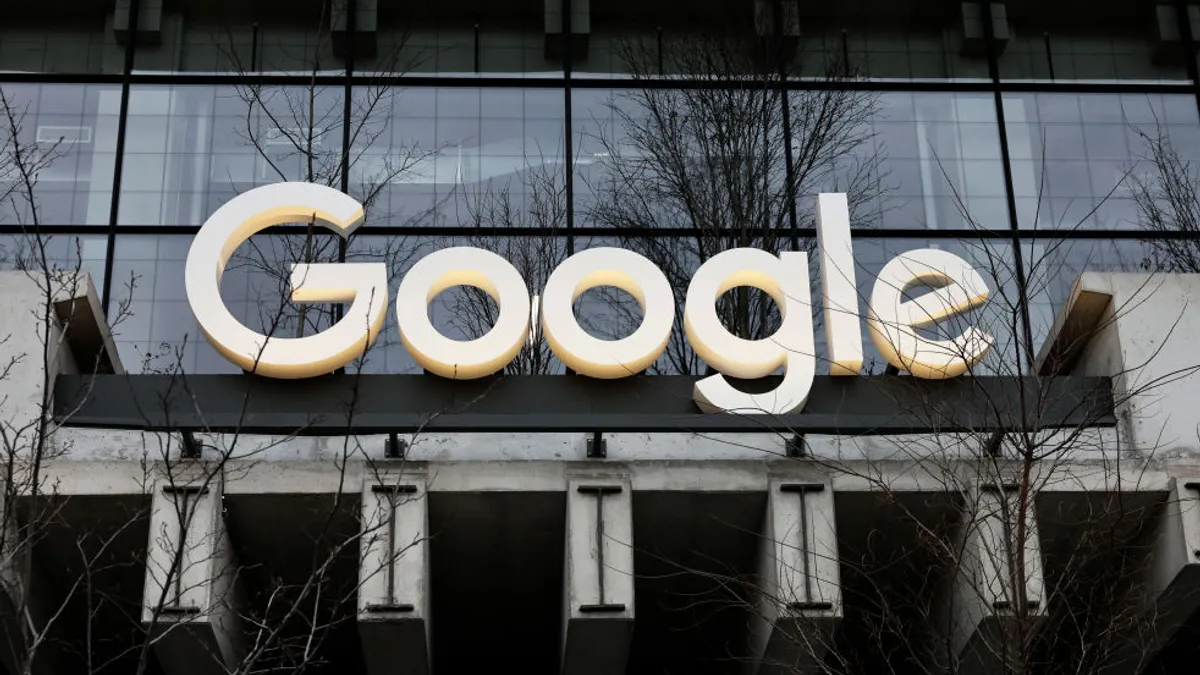Editor’s note: This story has been updated to include a statement from Google.
Google wields an illegal monopoly over key aspects of online advertising technology, a federal judge said Thursday. The case focused on the search giant’s dominance in three areas — display advertising networks, publisher tools and ad exchanges — with Google found in violation of the law for the latter two categories based on Sections 1 and 2 of the Sherman Act.
The decision handed down by U.S. District Judge Leonie Brinkema of Virginia follows a three-week trial and sides with the Department of Justice in wanting to rein in Google’s power over a massive digital advertising market. Brinkema in a 115-page opinion described how Google was able to combine its muscle in publisher ad servers and ad exchanges through policy and technology integration, “which enabled the company to establish and protect its monopoly power in these two markets.”
“Google further entrenched its monopoly power by imposing anticompetitive policies on its customers and eliminating desirable product features,” Brinkema continued. “In addition to depriving rivals of the ability to compete, this exclusionary conduct substantially harmed Google’s publisher customers, the competitive process, and, ultimately, consumers of information on the open web.”
The development tees up seismic changes for the advertising industry that could further disrupt plans during an already chaotic year. Google in August was ruled to have a monopoly on search in a separate antitrust case, with proposed remedies including spinning off its popular Chrome web browser. Google appealed the decision, arguing that its popularity in search and the browser market is the result of superior products.
The latest decision means that the Alphabet-owned company is now faced with the prospect of shedding additional aspects of its business, which derives the lion’s share of its revenue from advertising, with search its largest category. Remedies are still being determined in the ad-tech case.
“We won half of this case and we will appeal the other half," said Lee-Anne Mulholland, vice president of regulatory affairs at Google, in an emailed statement. "The Court found that our advertiser tools and our acquisitions, such as DoubleClick, don’t harm competition. We disagree with the Court’s decision regarding our publisher tools. Publishers have many options and they choose Google because our ad tech tools are simple, affordable and effective.”
Other digital advertising platforms are also in the regulatory hot seat, with an antitrust trial against Meta Platforms kicking off earlier this week.
Google is set to report its Q1 earnings on April 24.















